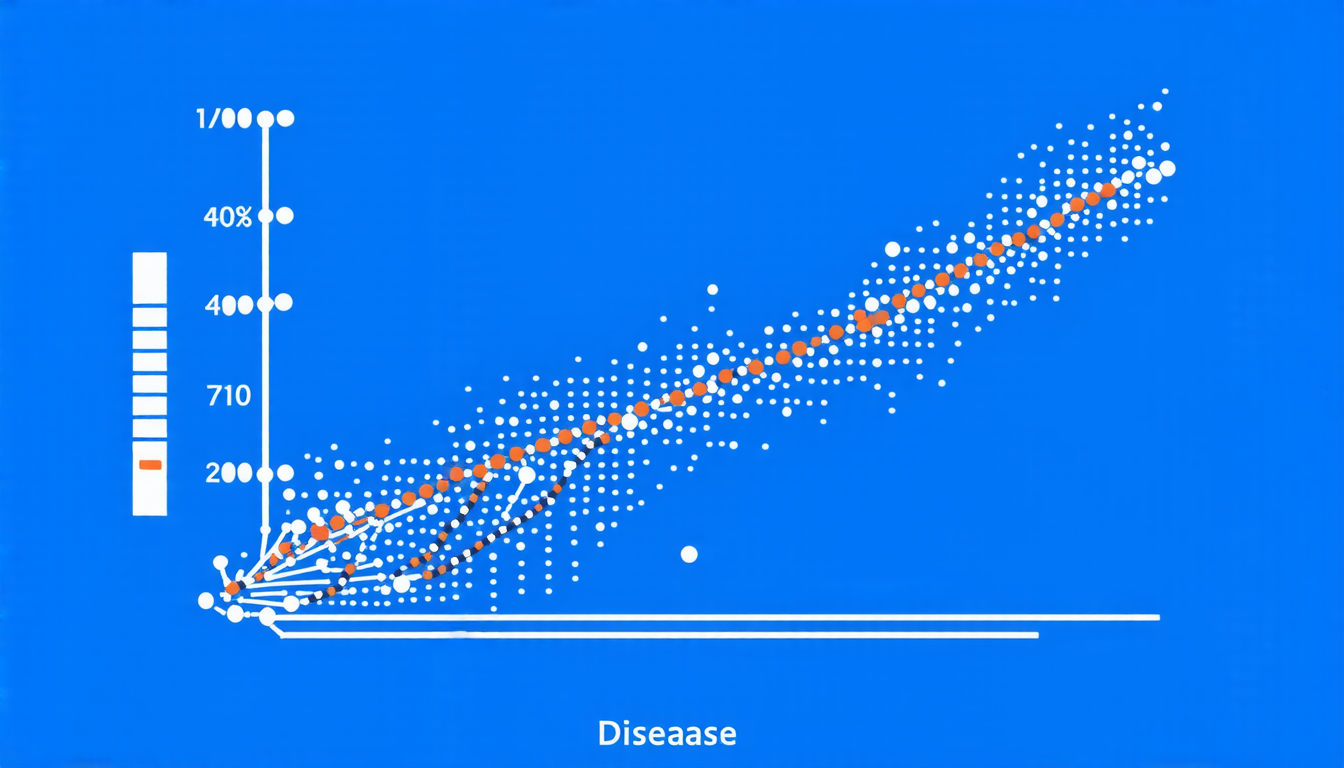Saturday 13 September 2025
A new approach has emerged in the field of optimal control theory, offering a novel solution for complex problems involving continuous or discrete controls and total variation regularization. The method, developed by Markus Friedemann and Gerd Wachsmuth, combines trust-region and proximal gradient techniques to efficiently solve these types of optimization problems.
At its core, the approach is designed to tackle a specific class of optimal control problems governed by ordinary differential equations (ODEs). In this context, controls can take on two distinct forms: continuous or off. The latter refers to situations where the control signal is either zero or takes on values within a predefined interval. This structure is particularly relevant in real-world applications, such as pandemic modeling, where political measures like mask mandates or lockdowns are employed.
The total variation regularization term, a key component of the method, serves to penalize switches between these two modes. By doing so, it encourages the control signal to remain within a specific range or transition smoothly between different states. This is particularly important in applications where sudden changes can have severe consequences.
The trust-region and proximal gradient methods are used to iteratively refine an initial estimate of the optimal control. The trust-region approach ensures that each step taken by the algorithm decreases the objective function, while the proximal gradient method provides a way to efficiently compute the gradients required for optimization.
A key aspect of the method is its ability to prove convergence with respect to a criticality measure. This guarantee ensures that the algorithm will eventually converge to an optimal solution, even in the presence of noise or other complexities.
The authors demonstrate the effectiveness of their approach through a numerical example involving an SIR model, a simplified representation of how diseases spread within a population. By applying the method to this problem, they show that it can produce accurate and efficient solutions.
This new approach has significant implications for various fields, including epidemiology, economics, and environmental modeling. Its ability to handle complex control structures and total variation regularization makes it an attractive option for tackling challenging optimization problems.
In practice, the method could be used to optimize the timing and duration of interventions in pandemic response efforts, allowing policymakers to better allocate resources and mitigate the spread of disease. Similarly, in economics, it could be applied to model and optimize complex systems, such as supply chains or financial markets.
The authors’ work provides a promising foundation for further research into optimal control theory and its applications.
Cite this article: “Efficient Solution to Optimal Control Problems with Total Variation Regularization”, The Science Archive, 2025.
Optimal Control Theory, Total Variation Regularization, Trust-Region Method, Proximal Gradient Method, Ordinary Differential Equations, Pandemic Modeling, Epidemiology, Economics, Environmental Modeling, Optimization Problems.







